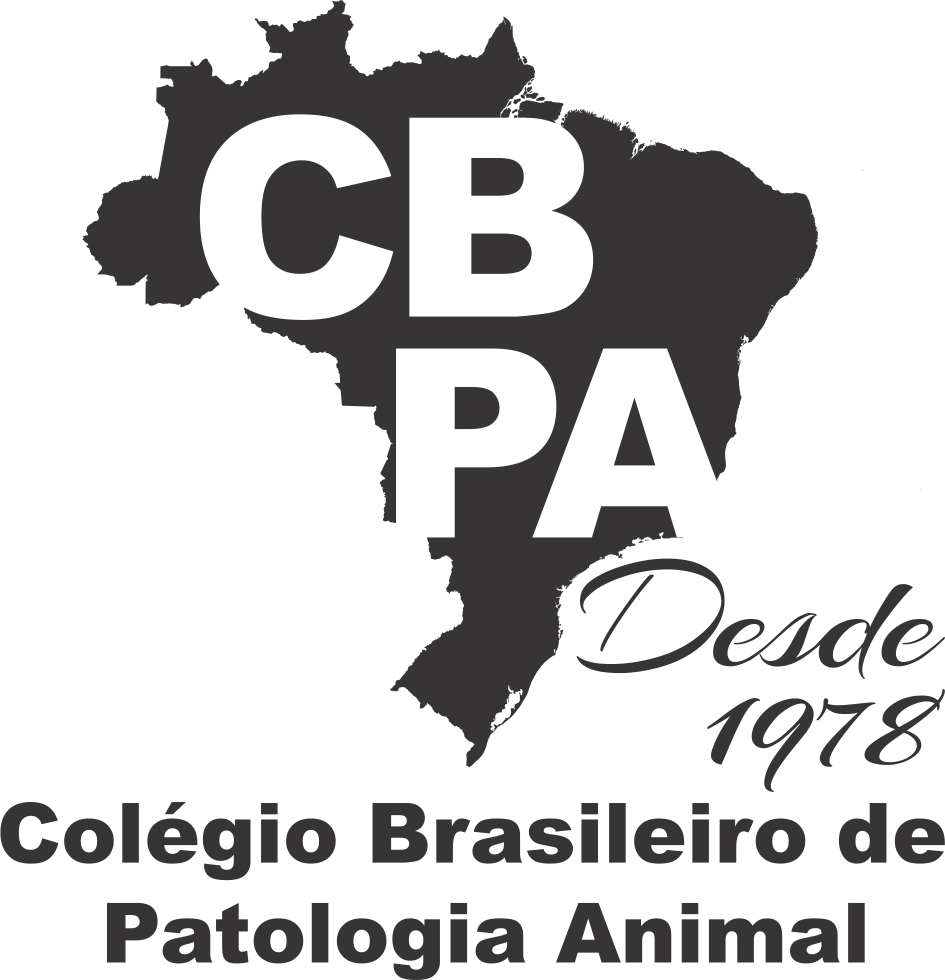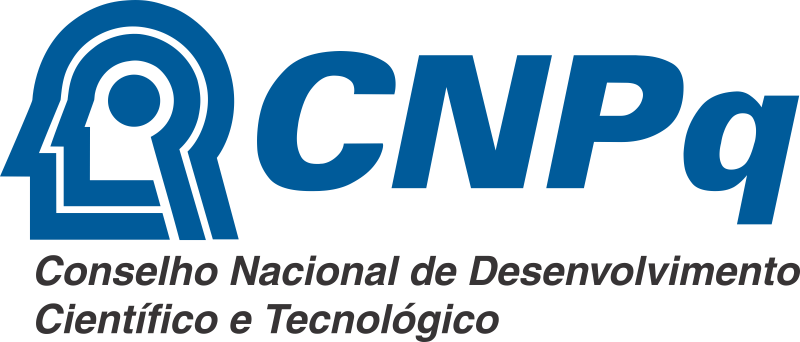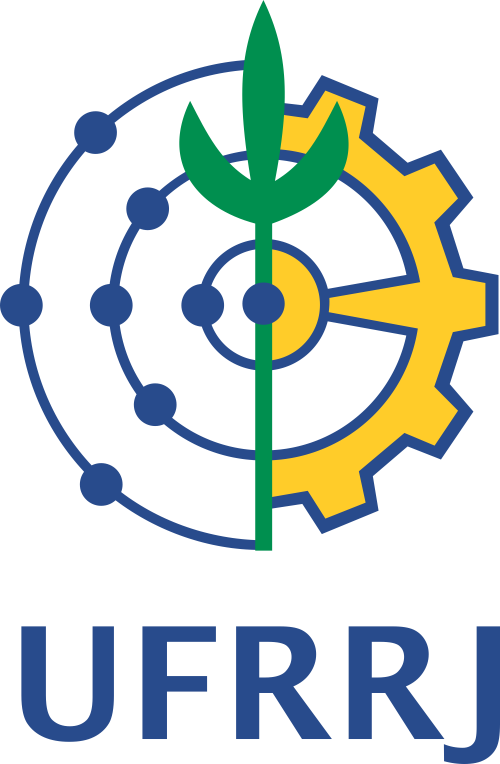Pesquisa Veterinária Brasileira - Brazilian Journal of Veterinary Research
Pesquisa Veterinária Brasileira (http://www.pvb.com.br), (Abbreviated title: Pesq. Vet. Bras. Printed Version ISSN 0100-736X, Online Version ISSN 1678-5150) publishes scientific articles focusing on pathology in its broad sense, in the areas of Livestock Diseases (LD), Small Animal Diseases (SA), and Wildlife Medicine (WM).
Brief History
Pesq. Vet. Bras. is a Brazilian journal with international scope, written in English, with open access. It publishes peer-reviewed research based on its consistency, originality, importance, interdisciplinary interest, timeliness, accessibility, and pertinent conclusions.
Pesq. Vet. Bras. has been published since 1959. Initially under the title “Arquivos do Instituto de Biologia Animal" (Archives of the Institute of Animal Biology), it has three issues (1959-1961) edited by the Institute of Animal Biology, a now-defunct agency linked to the Ministry of Agriculture and Livestock. It was discontinued between 1962 and 1965 but resurfaced in 1966 as the Veterinary Series of the journal "Pesquisa Agropecuária Brasileira" (Brazilian Agricultural Research), edited from 1966 to 1976 by the former National Department of Agricultural Research and Experimentation (DNPEA), now the Brazilian Agricultural Research Corporation (Embrapa), with 11 issues published. The journal was discontinued again between 1977 and 1980. After the founding of the Brazilian College of Animal Pathology (CBPA) in 1978, the journal returned in 1981 as an official publication edited by the CBPA under the current title "Pesquisa Veterinária Brasileira" and has been published uninterruptedly since then.
Open Science Compliance
This journal follows the Gold Open Access model (the final version of published articles is permanently and freely available online to everyone).
Pesq. Vet. Bras. encourages the publication of preprint articles on public platforms, such as SciELO Preprints, bioRxiv, Research Square, and others, so that research can be openly discussed before publication.
Also, in line with Open Science practices, the journal allows authors and reviewers to open the peer review process, with or without identifying their names. When submitting the manuscript, we ask that the authors complete the Open Science Compliance Form, in which they share manuscript information with the journal under Open Science communication practices.
Pesq. Vet. Bras. encourages the sharing of analysis datasets, instruments, statistical analysis scripts, scripts and additional materials made available in open online repositories (Zenodo, Figshare, OSF, NCBI, Mendeley Data, LILACS, BVS, PAHO, ESCRA, Virtual Herbarium of Flora and Fungi) if they cannot be published in the study. This information must be indicated in the manuscript. At the time of submission of the manuscript, we request that a Data availability statement be presented indicating the data dissemination platform used. We recommend that authors make available, upon request, datasets not deposited in an open data platform.
A Credit author statement describing each author's contribution to the work to be published is requested. A Conflict of interest statement describing any affiliation with or involvement in an organization or entity with a financial or non-financial interest in the subject matter or materials discussed in the manuscript is requested.
It is important to consider the statements and acknowledgments of the funding agencies responsible for funding research and granting scholarships.
Publishing Ethics
Pesq. Vet. Bras. is committed to complying with good practices and follows the standards and recommendations of ethics and responsibility in scientific communication established by national and international institutions. This commitment is demonstrated by the requirement to prove that the article to be considered for publication has been evaluated by an Ethics Committee for the Use of Animals (CEUAs) when produced by Brazilian authors or a similar institution when authored by international authors.
Pesq. Vet. Bras. is committed to ethics and quality in publishing in accordance with standards of ethical behavior expected of the parties involved: authorship, editing and peer review. Authors, Editors, and Reviewers are encouraged to study and follow all standards of good practice in scientific research according to the guidelines established by the organizations: COPE, CARE, EquatorNetwork, ICMJE, and the Guidelines on Best Practices for Strengthening Ethics in Scientific Publication.
The journal adopts programs to check for duplicates with previously published texts to promote the predominance of originality in texts. Pesq. Vet. Bras. does not accept plagiarism or any other unethical behavior. When plagiarism is detected, the authors are informed, with the report generated by the Ithenticate software.
When submitting articles to the journal, authors must declare in their Cover Letter that their content is original and guarantee that the work has not been published and is not undergoing review and evaluation in any other journal.
Focus and Scope
Pesq. Vet. Bras. publishes articles on animal diseases. The journal details diagnostic investigations of natural (emerging, reemerging or enzootic) and experimental diseases, especially those occurring in Brazil. Submission of articles on animal diseases in other countries and topics on animal diseases related to public health is encouraged. Pathology, in its broad sense, is the journal's flagship, including laboratory diagnosis, epidemiology, clinical practice, and other areas directly related to One Health, in which laboratory science is used as the basis for disease diagnosis in animal health programs. The volumes of Pesq. Vet. Bras. are published annually, in a continuous publication flow, and divided into three areas: Livestock Diseases (LD), Small Animal Diseases (SA) and Wildlife Medicine (WM). Accepted papers are published as Original Articles, Review Articles or Topics of General Interest; Case Reports are accepted only in the WM area. Publications are intended for an audience consisting of veterinarians, pathologists, veterinary diagnostic laboratory personnel, toxicological pathologists, comparative pathologists, medical pathology researchers, environmental scientists, and others involved in veterinary diagnostics and research with domestic and wild animals.
Digital Preservation
This journal follows the standards defined in the SciELO Program Digital Preservation Policy.
Indexing Sources
Pesq. Vet. Bras. is indexed by:
- SciELO – Scientific Electronic Library Online
- Clarivate (ISI/Thomson Reuters), in its products Web of Science, Science Citation Index Expanded, BIOSIS Previews, Essential Science Indicators, JCR.
- CABI, in its key databases CAB Abstracts and Global Health, and several derivative databases, such as Animal Science Database and VetMedResources (for the internet), Index Veterinarius and Veterinary Science Database and Veterinary Bulletin (print).
- DOAJ – Directory of Open Access Journals
- CAPES Journal Portal
- Google Scholar
- Latindex
- LILACS
- VLH
- Scopus
- EZB – Electronic Journals Library
- Norwegian Register for Scientific Journals, Series and Publishers
- National Agricultural Library
- TIB – Leibniz Informatonszentrum Technik und Naturwissenschaften Universitätsbibliothek
- NiCii Research
- OpenAIRE
- Embase
- Crossref
- ROAD
- The Keepers
- ZDB – Zeitschriften Datenbank
- Wikidata
- Système Universitaire de Documentation
- OpenAlex
- Fatcat
Bibliographic Record
- Journal title: Pesquisa Veterinária Brasileira
- Abbreviated title: Pesq. Vet. Bras.
- Publisher publication: Colégio Brasileiro de Patologia Animal (CBPA)
- Periodicity: Annual volumes
- Publication modality: Continuous publication
- Publication year of the first volume: 1981
Websites and Social Media
- Website: pvb.com.br
- X: pesvetbras/status/1804636319966220333?s=48
- Facebook: facebook.com
- Instagram: instagram.com/pesquisaveterinariabrasileira/









